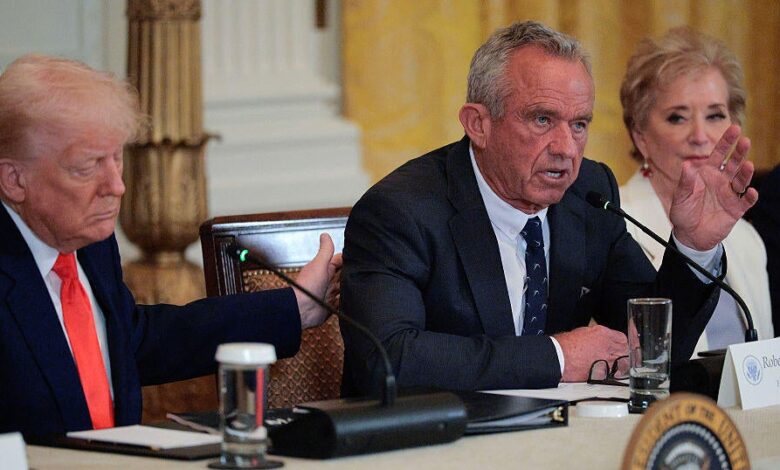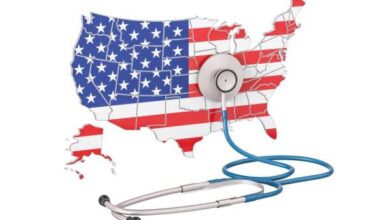RFK Jr.’s “MAHA” report contained nonexistent studies. White House says it will be updated.

Health and Human Services Secretary Robert F. Kennedy Jr.’s “Make America Healthy Again” report on the causes of chronic disease in children has come under scrutiny after it was found that several of the studies cited in the report did not actually exist. A recent investigation by digital news outlet NOTUS revealed that seven of the studies referenced in the report appear to have never been published.
According to NOTUS, some of the authors of the studies cited in the report have denied their involvement, stating that while they did conduct research on certain topics, they did not contribute to the specific reports mentioned in the MAHA report. Additionally, some of the studies were misinterpreted in the report, leading to inaccuracies in the information presented.
The MAHA report highlighted the growing rates of various health issues in children, including obesity, diabetes, autism, ADHD, cancer, allergies, and autoimmune disorders. It attributed these health problems to factors such as poor diet, lack of physical activity, chronic stress, and the overuse of medications and vaccines in children.
Following the discovery of the nonexistent studies, White House press secretary Karoline Leavitt acknowledged the errors and stated that the report would be updated to address the inaccuracies. Despite these issues, Leavitt emphasized that the substance of the report remains significant and transformative in addressing the chronic disease epidemic among children.
Critics, including CBS News medical contributor Dr. Céline Gounder, have raised concerns about the ethical implications of the errors in the report, calling it “unethical behavior.” Gounder also questioned the transparency of the report and highlighted the need for accurate and reliable information in public health reports.
While Health and Human Services Secretary Robert F. Kennedy Jr. has promised “radical transparency” and “gold-standard” science in public health initiatives, questions remain about the accuracy and credibility of the MAHA report. The secretary has faced scrutiny for refusing to disclose details about the authors of the report and has been urged to provide more transparency in future health assessments.
Despite the controversy surrounding the MAHA report, the White House has expressed confidence in Kennedy and his initiative. HHS Spokesman Andrew Nixon defended the report as a “historic and transformative assessment” that aims to address the chronic disease epidemic affecting children in the United States.
The MAHA report is expected to inform policy recommendations that will be released later this year, with the White House requesting a $500 million increase in funding for Kennedy’s initiative. As the investigation into the erroneous citations continues, it remains to be seen how the report will be revised to ensure accuracy and reliability in addressing the health challenges facing children in America.




